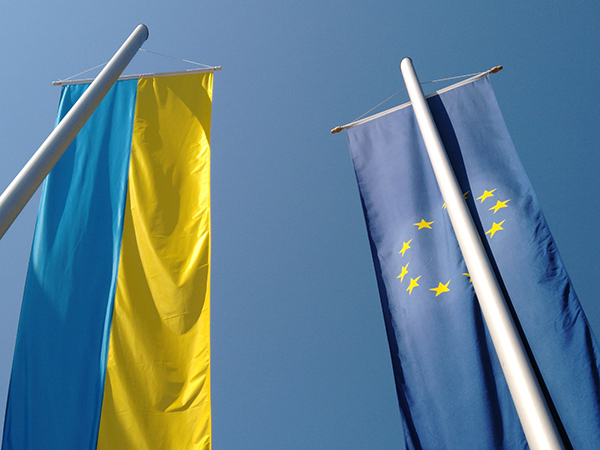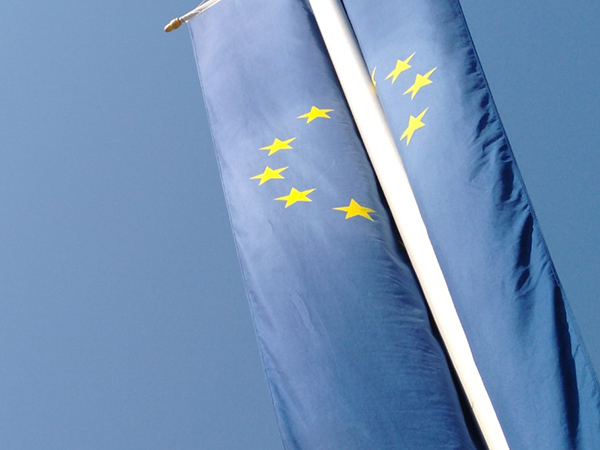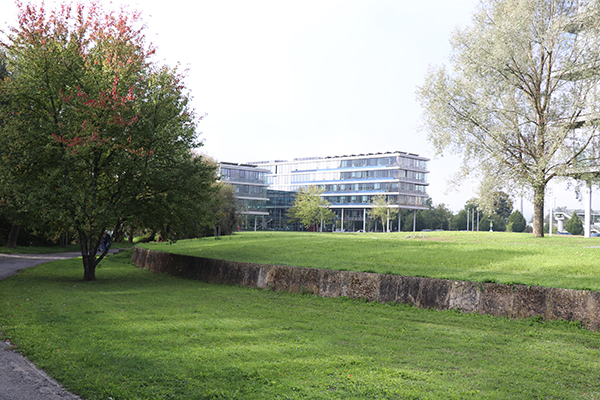By Bright Igbinovia
The start of Russia’s war of agression on February 24, 2022 has had continuing and serious effects across sectors of Africa’s biggest economy, Nigeria.It has pushed the prices of crude oil, natural gas, aluminium, nickel, medicines, wheat and other commodities to high costs, worsening Nigeria’s economic woes.
The conflict in Ukraine, more than 8000 kilometres away from Nigeria, has led to a higher petrol subsidy bill and a surge in the prices of diesel, aviation fuel, cooking gas and some food items. Analysts say this development has pushed up the cost of living for millions of Nigerians and further exposed the country’s inability to make the most of its oil fortunes.
The country’s dependence on imported goods from refined petroleum products to fertilisers and food, especially wheat, has seen Nigerians paying for a war they are not a part of.
Between 2017 and 2021, Nigeria’s imports from Ukraine included milk preparations, wheat, and maize seed, while wheat, mackerel, herrings, blue whitings (a fish in the cod family), other fish products and vaccines were imported from Russia.
In 2021, Nigeria imported 215.7 billion worth in Naira (the Nigerian currency) of food-related goods from Russia, but other goods such as fertiliser components were not listed in the trade data by the National Bureau of Statistics (NBS) that was analysed. Wheat were more than half of Nigeria’s imports from Russia, and for about nine months now, that market has ceased.
Even though food prices in Nigeria were already on the rise before the war, food inflation rose to 18.37 percent in April—attributed to increases in the prices of bread and cereals, food products, potatoes, yam, wine, fish, meat, energy, and oils.
Regarding the organic NPK fertiliser, its price is skyrocketed and the challenge of this in food production is clear: Farmers avoid expensive fertilisers, farm outputs reduce and food shortages increase.
Source: https://www.ifpri.org/blog/russia-ukraine-crisis-presents-threats-nigerias-food-security-potential-opportunities
tun22110301
www.tuenews.de
Beflaggung vor dem Tübinger Regierungspräsidium. Foto: tünews INTERNATIONAL / Martin Klaus.
001205




